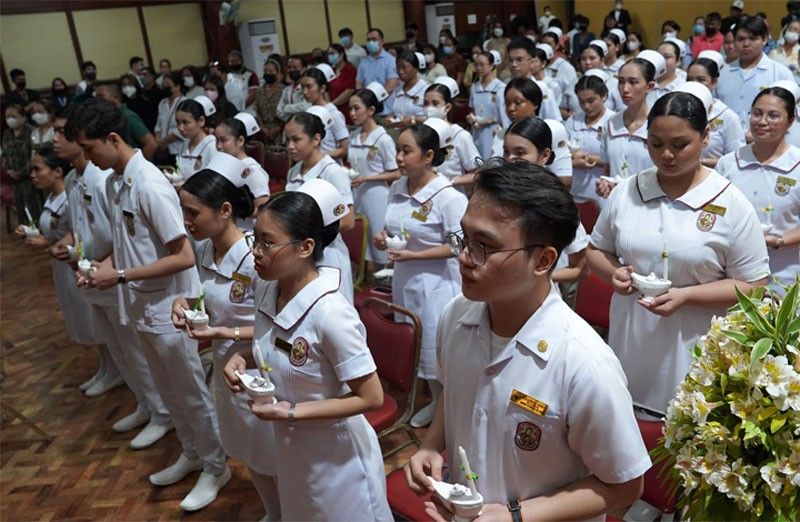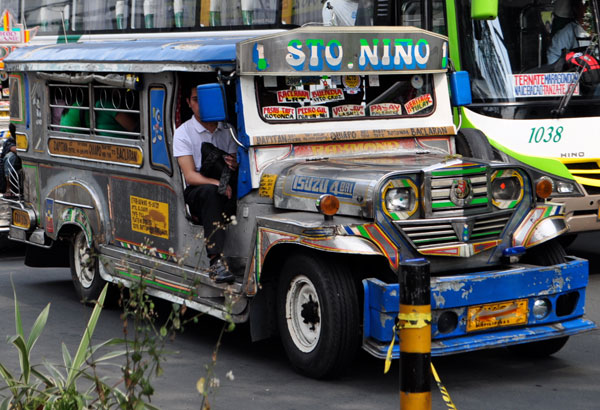DOH conducts survey on shift effects on nurses

MANILA, Philippines — The Department of Health, particularly its Health Facilities and Services Regulatory Bureau, is conducting a survey that aims to determine the effects of the shift schedule on the well-being of nurses in DOH-licensed hospitals.
In a recently released department circular, the DOH said the purpose of the survey is “to gather data or feedback on the effect of the eight-hour and 12-hour shift on the productivity of nurses both in private and public hospitals.”
“The (intention of the) survey is also to check on the safety and well-being of nurses and patients in these health facilities,” DOH Assistant Secretary Charade Mercado-Grande said.
Grande urged all DOH-licensed hospitals, whether private or government-owned, to participate in the survey.
The survey questionnaire can be accessed through https://tinyurl.com/NurseShiftSched.
The filled-out survey forms are to be submitted on or before Aug. 15.
In December 2013, the DOH issued a department circular that defined the guidelines on allowing hospitals to adopt a divergent work period or shifting for nurses. This is reportedly to address the request then to consider the 12-hour two-workshift duty for nurses.
Meanwhile, Private Hospitals Association of the Philippines Inc. president Dr. Jose Rene de Grano said that nurses under PHAPI who extend their working hours receive overtime pay.
“I am not sure if this is the same with the government,” De Grano added.
As to shifting schedules, it depends on the number of available nurses, according to the PHAPI official.
“If we lack nurses, they are forced to do paid overtime. Duty hours could be up to 12 hours or 16 hours at most, but that is during emergencies,” he said.
The Alliance of Health Workers (AHW) earlier expressed alarm over the issue of chronic understaffing among health workers in the country’s hospitals.
AHW president Robert Mendoza said the problem of understaffing now has even tripled in hospitals across regions and in local government units.
“The problem is that our health workers are getting sick themselves because of this problem of understaffing,” Mendoza added.
- Latest
- Trending
































